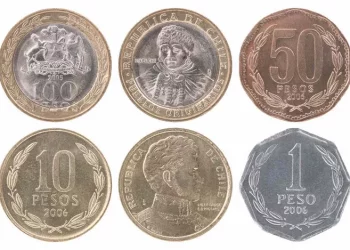The US Dollar Index (DXY), a measure of the dollar’s value against a basket of six major global currencies, fell slightly to around 99.60 on Thursday. This dip comes amid easing concerns over potential tariff threats from US President Donald Trump, as economic data and market sentiment continue to fluctuate.
According to the Federal Reserve’s Beige Book report released Wednesday, businesses are grappling with the early stages of the tariffs imposed by the Trump administration, seeking ways to pass on rising costs to consumers. Companies have received warnings from suppliers about price hikes, yet they remain uncertain about their ability to transfer these costs onto customers. The report suggests that this economic uncertainty, stemming from tariff threats, could exert downward pressure on the US Dollar against its global counterparts in the near future.
In remarks made earlier this week, US Treasury Secretary Scott Bessent indicated that the ongoing tariff dispute with China is unsustainable, expressing hopes for a “de-escalation” in the trade conflict between the two largest economies in the world. However, the Trump administration confirmed on Wednesday that new tariffs will be imposed on China within the next two to three weeks, depending on Beijing’s response. Investors are closely monitoring developments in US-China trade talks, with any signs of renewed escalation likely to weigh on the US Dollar.
Economic data released on Wednesday revealed mixed results. The S&P Global Flash US Composite PMI Output Index, which measures activity in the manufacturing and services sectors, dropped to 51.2 in April from 53.3 in March, marking the lowest level since December 2023. Conversely, the Manufacturing PMI showed improvement, rising to 50.7 from 50.2, surpassing expectations. Meanwhile, the Services PMI fell to 51.4 from 54.4, below the anticipated 52.8.
Despite the softening economic indicators, hawkish comments from Federal Reserve officials could help cushion the US Dollar’s losses. Fed Chair Jerome Powell remarked last week that the central bank was in no hurry to adjust interest rates, but warned that Trump’s tariff policies could risk pushing inflation and employment further from the Fed’s targets.
Related Topics:


























